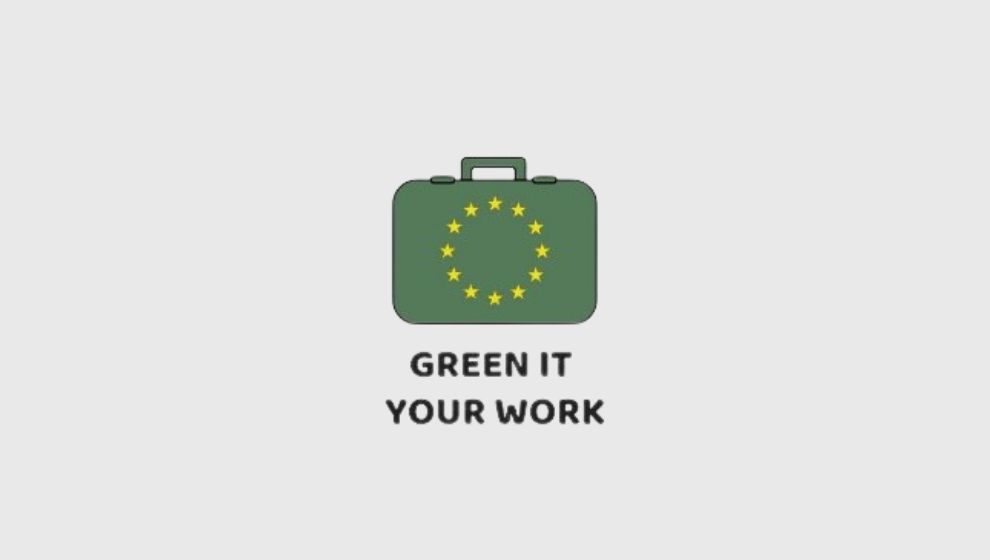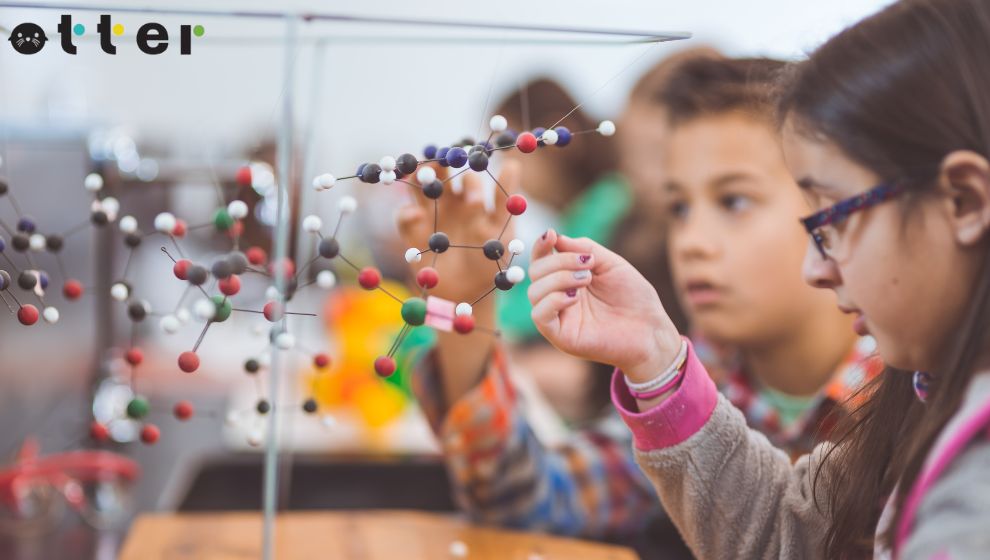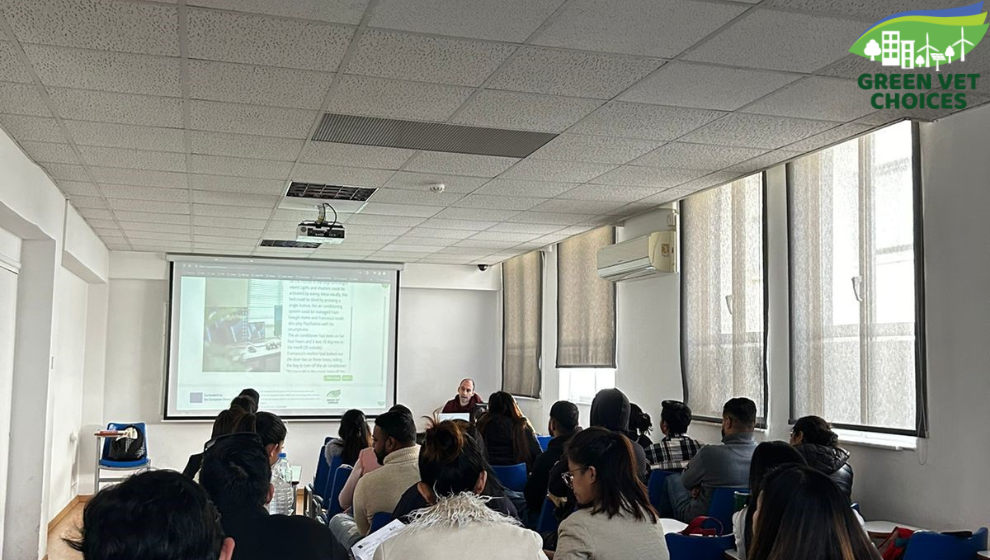Brussels, 26 February 2024 – Today, ALL DIGITAL, the European association representing networks of digital education stakeholders, is pleased to announce the launch of the ALL DIGITAL Weeks 2024 campaign, the annual digital inclusion and empowerment campaign involving digital competence centres, libraries, community centres, schools and other venues across Europe.
In 2024, as in previous years, the campaign will receive support from the European Commission and will span over three weeks, from the 13th of May until the 31st of May. It will engage international and national partners, as well as participating organizations across various European countries. The campaign actions will be underpinned under the motto ‘‘Enhance your digital skills’’ which is a call to action for all European citizens and every individual living in Europe to learn new skills, both basic and advanced, to be able to face digital transformation with confidence.
The campaign will build on what was achieved in 2023 and on its contribution to the success of the European Year of Skills, promoted by the European Commission. ALL DIGITAL Weeks 2024, on the occasion of the European elections (6-9 June 2024), will put aspects of digital democracy, civic participation and social responsibility into focus, as well as cover challenges arising from disinformation online and a lack of information literacy for a large portion of Europe’s citizens are in the spotlight, as much as initiatives, solutions and tools fostering participation, equity and inclusion.
The campaign will also support the implementation of specific actions of the Digital Education Action Plan 2021-27 of the European Commission, with the main objective of enhancing digital skills and competences for the digital transformation. Many EU projects where ALL DIGITAL is involved will be presented during the campaign period to increase their visibility across Europe.
The three weeks of the campaign will focus on the following specific core themes under which all the training and events will be organised at international and national level across Europe: Digital Skills for employment, entrepreunership and innovation (reskilling and up-skilling); Digital Skills in “Equity, Diversity and Inclusion’’ (encompassing issues such as migration, democratisation, gender gap, ethnicity); DigComp, DigCompEdu and Digital Skills Certifications; Digital media literacy and disinformation; Cybersecurity and safer internet; Digital Skills for Environment and Sustainability; Digital Skills for specific sectors (education, cultural and creative industries, transportation, health…) and the application of AI (Artificial Intelligence) in education and training
How the campaign will be supported in 2024
The campaign aims to show the need for empowering all European citizens with the digital tools and skills they need in their studies, jobs, and for social inclusion. We will focus on different actions covering policy themes, European project dissemination activities, and promotion of grassroots level activities. It encourages various activities to support the Europeans who do not have enough digital skills to participate fully in society and benefit from digital transformation.
The international launch event of the campaign will be organised in Brussels on the 14th of May 2024, involving policymakers, digital education stakeholders and ALL DIGITAL members.
The campaign will be sustained and promoted with the support of selected national coordinators across Europe. The national coordinators are ALL DIGITAL present or future members that will liaise with organisations involved in digital skills, will promote the campaign across their networks, and monitor the performances at national level. They will have the role of fostering the visibility of the ALL DIGITAL Weeks in their country, and support and coordinate the local partners in the organisation of local events, training and courses which provide different population groups with digital skills and education.
We will invite international networks, umbrella organisations, or those with capacity to have a big regional or national reach to join as partners of the campaign. We ask them to support us in promoting the campaign and planned activities to their network and raise awareness on digital education issues tackled by the campaign in their country. We invite them to organize an international event in English and have it featured in the ALL DIGITAL Weeks 2024 agenda as well to encourage local organisations to add their events, courses, lectures, and training on the map of events, to showcase the concrete impact they have in enhancing teachers, students, employees, elderly people, migrants, and all groups impacted by the digital transformation. The map will be operational at the beginning of March on the ALL DIGITAL Weeks website.
We will welcome articles/blogs about the campaign with an overview of what has happened in the country, highlighting best/most interesting events. Interesting news will be published on ALL DIGITAL Weeks website and promoted through ALL DIGITAL’s social media accounts.
The Campaign
The ALL DIGITAL Weeks campaign is one of the major pan-European awareness raising campaigns on digital skills for inclusion, empowerment and employment. It is organised by ALL DIGITAL Network, and it has been running since 2010. Since then, the campaign has helped almost 1.5 million people to get online for the first time or enhance their digital skills.
The awareness-raising campaign is run at digital competence centres, libraries, community centres, schools and other venues across Europe. Every year it helps about 100,000 Europeans from 20+ European countries to learn and be inspired by what technology can do for them, focusing on the opportunities given by digital transformation and its effects. The campaign is co-funded by the European Commission (1)
Over the years, the campaign was supported by Microsoft, Liberty Global, Accenture, Telenet, Cisco, Mozilla Foundation, Certiport.
For more information please contact:
Andrea Bedorin
Senior Communications Officer
andrea.bedorin@all-digital.org
(1) Disclaimer: Funded by the European Union. Views and opinions expressed are however those of the author(s) only and do not necessarily reflect those of the European Union or the European Education and Culture Executive Agency (EACEA). Neither the European Union nor the granting authority can be held responsible for them.










